The Chrysler brand reportedly has halted work on a midsize electric crossover based on the Airflow concept vehicle. The move comes late in development as the EV was to have reached market later this year. The decision echoes one made by rival Ford which has also responded to slowing growth in the EV market by killing off a planned 3-row crossover.
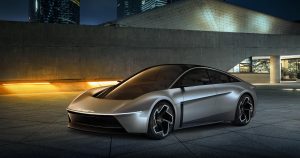
Automakers have been delaying or cutting EV investments in recent months, and Stellantis’ Chrysler brand appears to be the latest.
Chrysler is the latest automaker to shift plans to reflect slowing growth in the EV market. Rivals including Ford, General Motors, Volkswagen and others have confirmed they are delaying and, in some cases, halting work on battery-electric models no longer expected to generate enough volume to justify their production.
In the case of the struggling Stellantis brand it has halted work on an electric midsize crossover that was based on the well-received Airflow concept, according to a report first published by Mopar Insiders and since confirmed by several Chrysler sources.
The decision does not mean Chrysler is abandoning the EV market, however. It is simply rethinking its strategy in a segment experiencing slower growth and shifting consumer priorities. If anything, the brand this month showed off new EV concepts based on the Halcyon concept set to reach production in 2026.
What’s changed
U.S. EV sales increased about 9% in 2024 compared to the prior year. That normally would be seen as healthy growth but demand had surged 800% between 2019 and 2023. Complicating matters, the incoming Trump administration has signaled plans that could further slow the market, among other things, by eliminating the tax credits of up to $7,500 available to new EV buyers.
Then there’s the fact that, as more mainstream buyers consider EVs they’re resisting large and luxury models due to their high cost. In recent years, EVs have generated average transaction prices — what buyers actually pay after factoring in incentives and options — as much as $10,000 more than for comparable gas-powered vehicles.
The gap has begun to narrow and could continue to do so, according to a report by Bloomberg noting that the price of batteries has begun to come down. But manufacturers have, in many cases, shifted focus away from high-line products in favor of smaller, more affordable EVs.
Airflow concept
The EV that Chrysler has culled from the lineup was going to be a midsize crossover. It reportedly borrowed heavily from the Airflow concept first revealed in 2022. The name harkened back to a legendary Chrysler product of the 1930s that was the most aerodynamic vehicle of its era. But officials have recently told Headlight.News that they had decided to go with a different name for the production EV.
Killing off a vehicle in development is never an easy process, especially so close to production. The Chrysler crossover was set to go into production this year at the Chrysler assembly plant in Windsor, Ontario that has gone through a billion-dollar transformation into an EV facility.
The factory will continue to be used for battery-electric vehicles, however, Chrysler still moving ahead with development of the next-generation Pacifica minivan that will be built there.
And the Chrysler brand will continue to grow its portfolio of electric models. It will follow with versions based on the Halcyon concept, it announced earlier this month.
More Chrysler News
- Chrysler Descendant Wants to Keep Brands All in the Family
- Chrysler Halcyon Concept Leans into “Fully Electric Tomorrow”
- Chrysler Voyager Returns; Adds “Budget Friendly” Option to Minivan Lineup
An industry-wide transition
Chrysler hasn’t formally confirmed plans to scrub the new EV crossover. Nor has it officially indicated whether there will be any broader changes to its plans to electrify. The long-struggling brand was expected to go all-electric in the coming years.
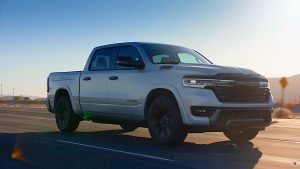
Ram, for example, has delayed the launch of its first EV, the Ram 1500 REV, to first introduce a range-extended version of the pickup, the Ramcharger (above).
But it would surprise few if the century-old marque were to delay the transition in response to the slower growth of EVs — and possible moves by Trump. It could follow the approach taken by other Stellantis brands to focus on a mixed portfolio of powertrain technologies. Ram, for example, has delayed the launch of its first EV, the Ram 1500 REV, to first introduce a range-extended version of the pickup, dubbed Ramcharger. Jeep, meanwhile, has plans to offer six different powertrains technologies, ranging from pure gas to all-electric.
Chrysler isn’t the only automaker rethinking its EV strategy.
Ford last year killed off a three-row EV crossover that was well into development, CEO Jim Farley announcing the creation of a “skunkworks” program based in Long Beach, California focused on developing more affordable EVs. The automaker also delayed the opening of its Blue Oval City EV manufacturing complex near Memphis. General Motors, meanwhile, plans to add plug-in hybrids to its EV mix. And Volkswagen has delayed the U.S. launch of the EV, among other changes across the industry.

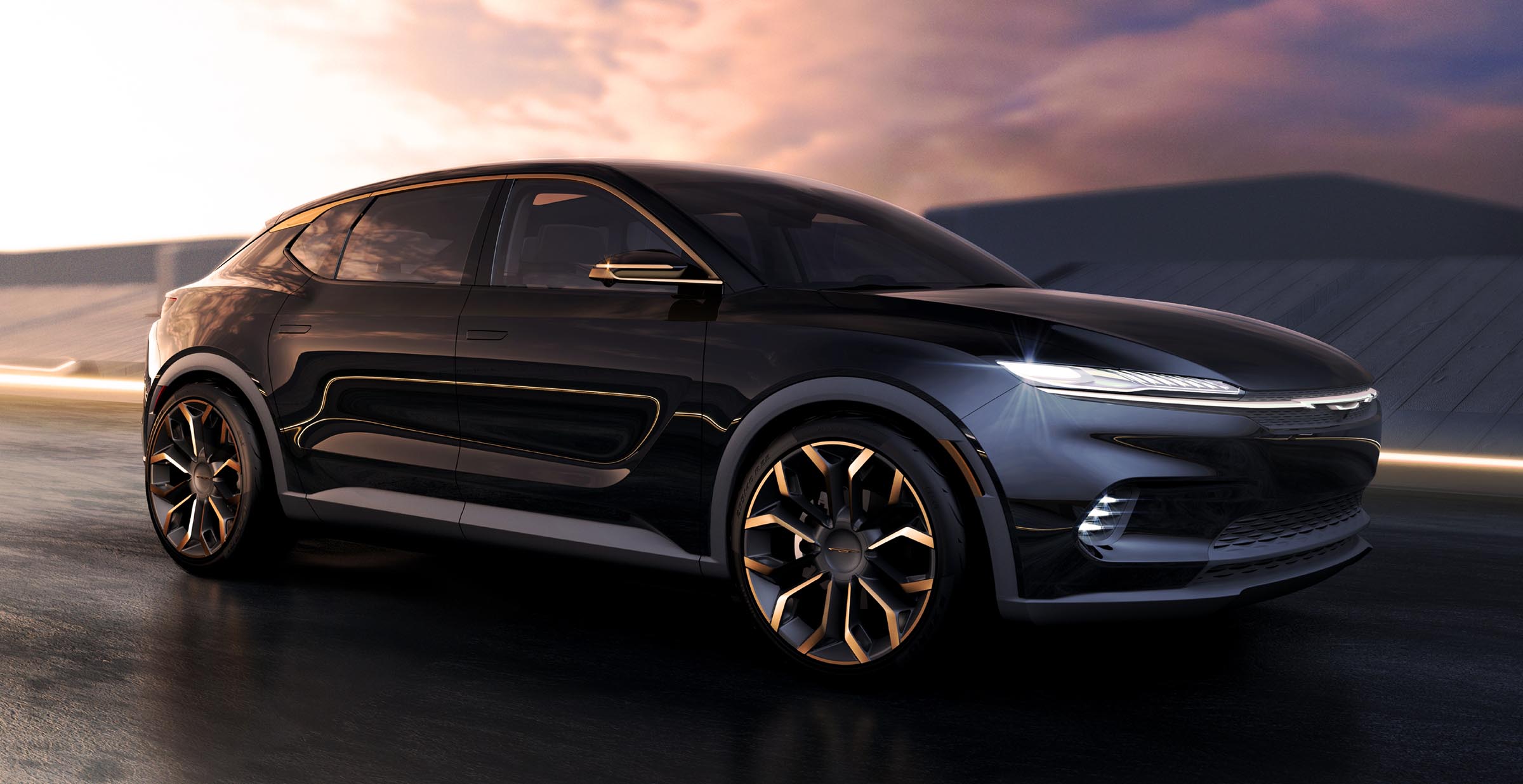

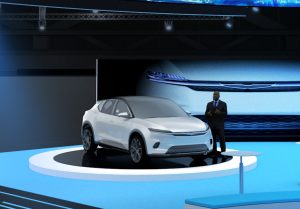
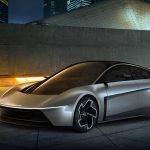
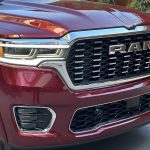
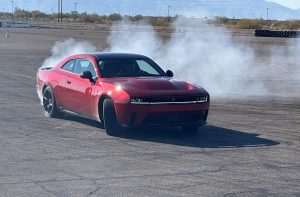
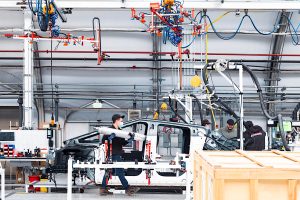
Chrysler is dead, but don’t know it.